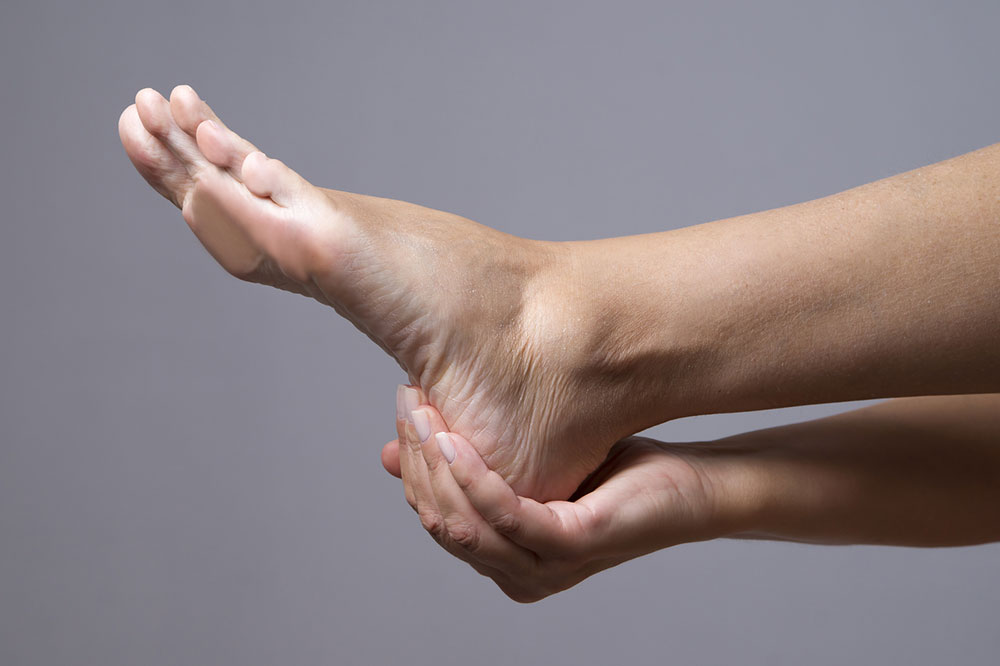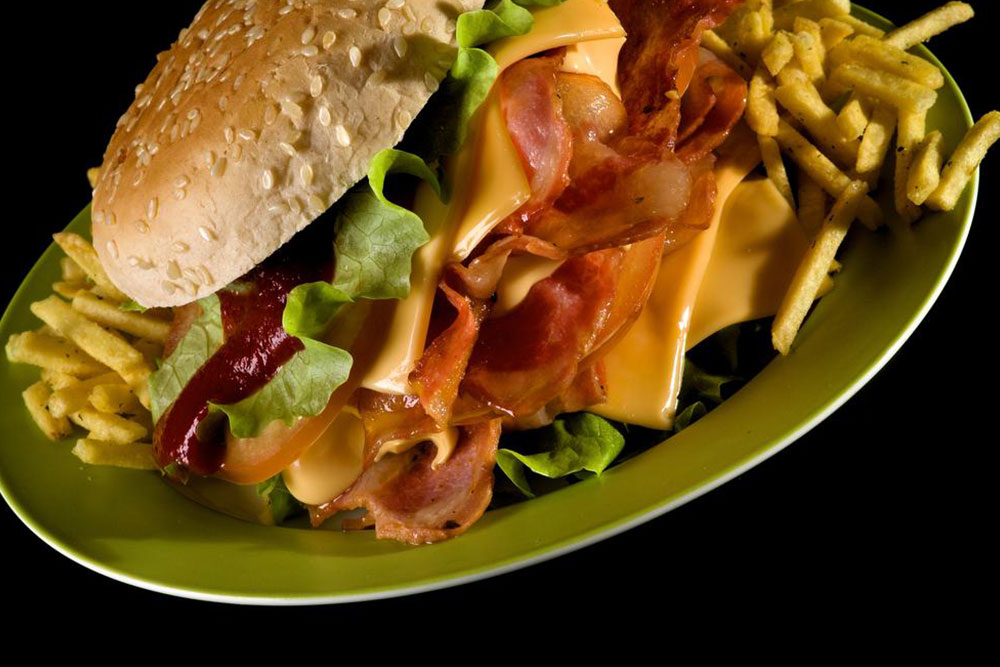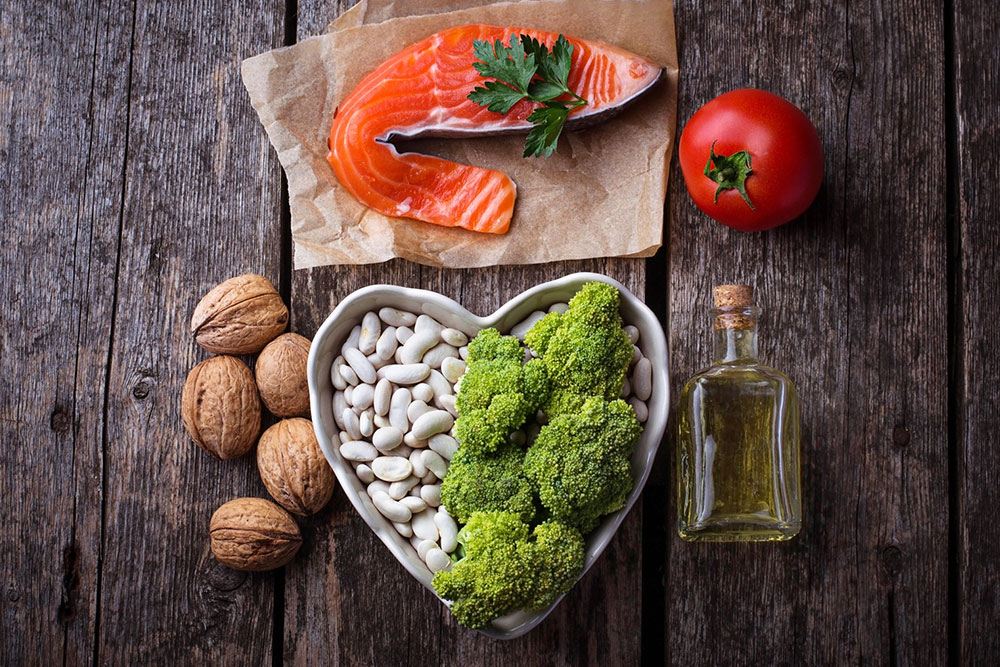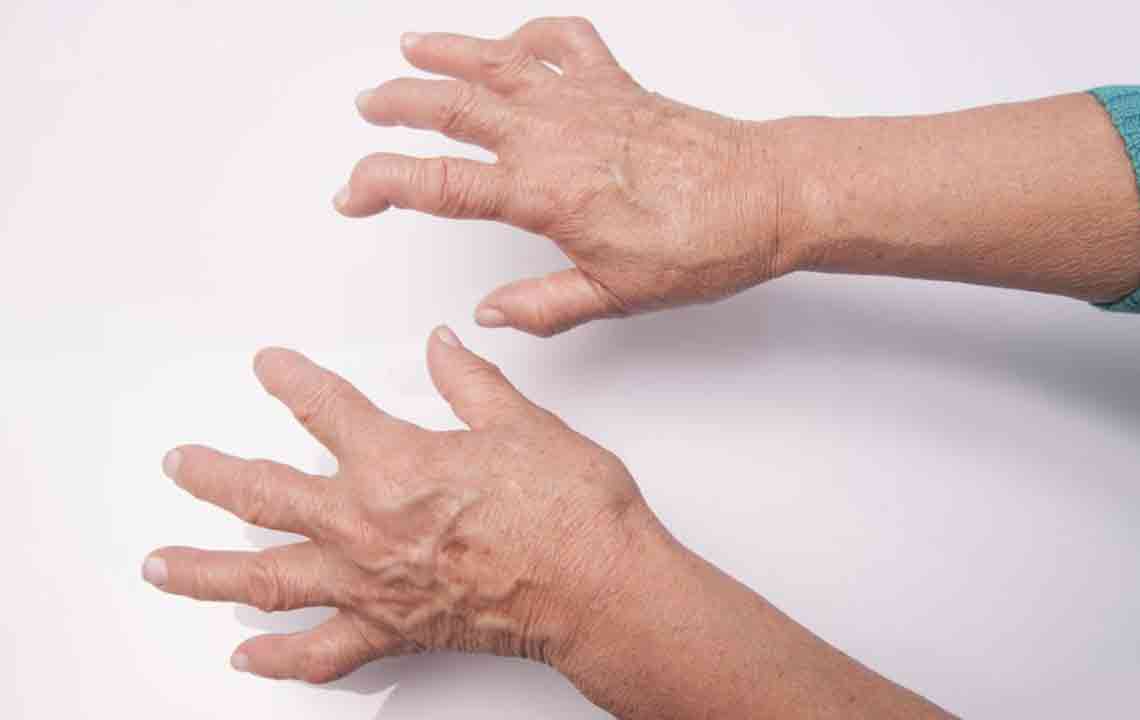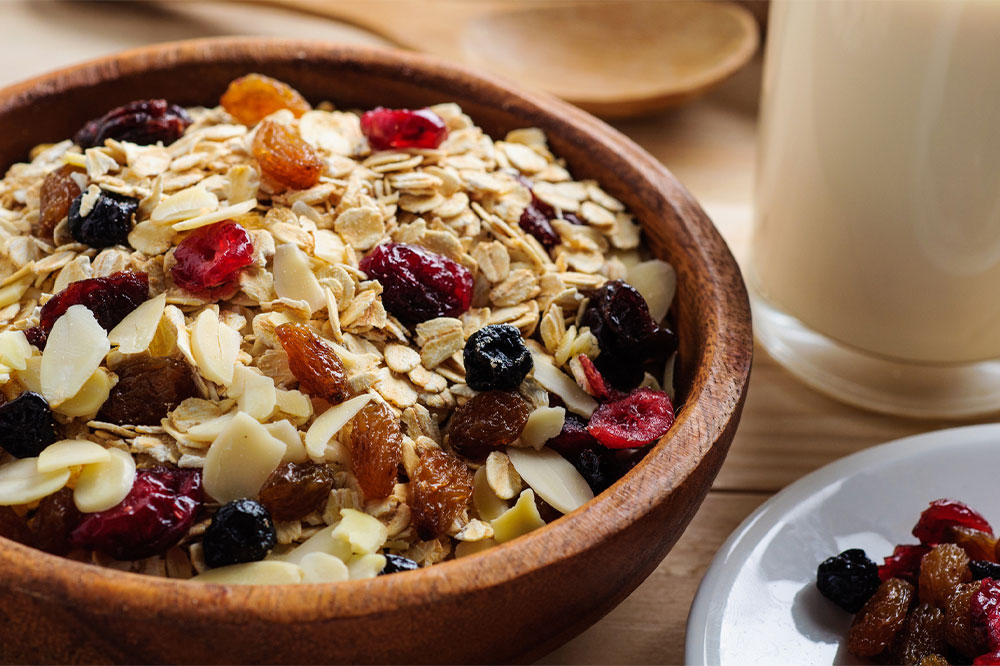Essential Foods to Avoid for Preventing Diverticulitis
This comprehensive guide highlights foods to avoid for preventing diverticulitis, emphasizing the importance of diet and hydration. It explains how certain foods like nuts, seeds, processed foods, and alcohol can irritate the colon lining, leading to inflammation and complications. The article offers practical tips for maintaining digestive health, including avoiding gas-producing foods and staying well-hydrated. Understanding these dietary recommendations helps in managing and preventing diverticulitis effectively, promoting overall gut wellness and avoiding painful flare-ups.
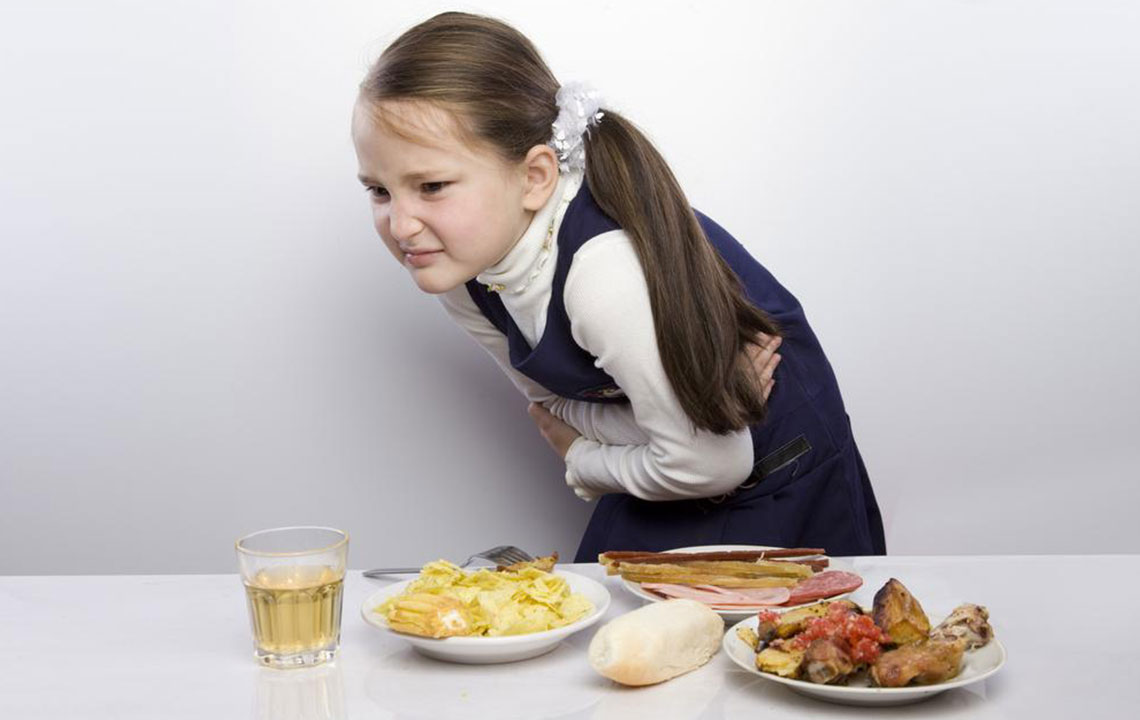
Essential Foods to Avoid for Preventing Diverticulitis
Many people are unfamiliar with the health condition known as diverticulitis, which involves inflamed pouches forming in the lining of the large intestine, called diverticula. When the intestinal wall weakens, it can cause pressure and swelling, leading to potential complications. Early detection is crucial, as untreated diverticulitis worsens over time, especially with age.
If these pouches become infected or rupture, symptoms like nausea, fever, abdominal pain, and bleeding may occur. To maintain digestive health and prevent flare-ups, certain foods should be limited or avoided.
Limit nuts and seeds
Excessive consumption of nuts, seeds, and small fruit pieces like strawberries or tomatoes can irritate the intestinal lining, promoting inflammation.
Foods cooked with skin or high in fiber, such as some vegetables, can also trigger symptoms.
Gas-producing foods
Fast foods and fried items weaken gut immunity and are difficult to digest, increasing pressure on the intestines. Vegetables like beans, broccoli, carrots, and cabbage are known for gas production and should be eaten cautiously.
High-fiber foods, especially whole grains, may worsen diverticulitis episodes. Avoid products such as brown rice, whole wheat pasta, and bread containing nuts.
Sugary drinks and processed snacks
Soda and sweet foods can inflame the colon’s inner lining and cause bloating. Excess sugar and carbonation contribute to discomfort.
Milk and dairy products rich in lactose, like cream cheese and whipped cream, can cause digestive strain. Opt for low-fat options like skimmed milk and yogurt.
Refined and processed foods
Pastries, cakes, and white flour-based snacks contain high sugar levels and may impair intestinal function, increasing diverticulitis risk.
Alcohol and tobacco use can aggravate the condition. Nicotine affects gut health by promoting acid buildup, while alcohol hampers digestion.
Spicy and hot foods
Excessive spices can cause internal heat and inflammation, aggravating symptoms when consumed in large amounts.
Soda fermentation
Artificial fermentation through fruit sodas or artificially carbonated drinks can harm gut health, whereas natural fermentation is preferable for maintaining intestinal hygiene.
Finally, staying well-hydrated is vital. Drinking at least eight glasses of water daily helps flush toxins, reduce inflammation, and support proper digestion. Proper hydration prevents many digestive issues associated with diverticulitis.

